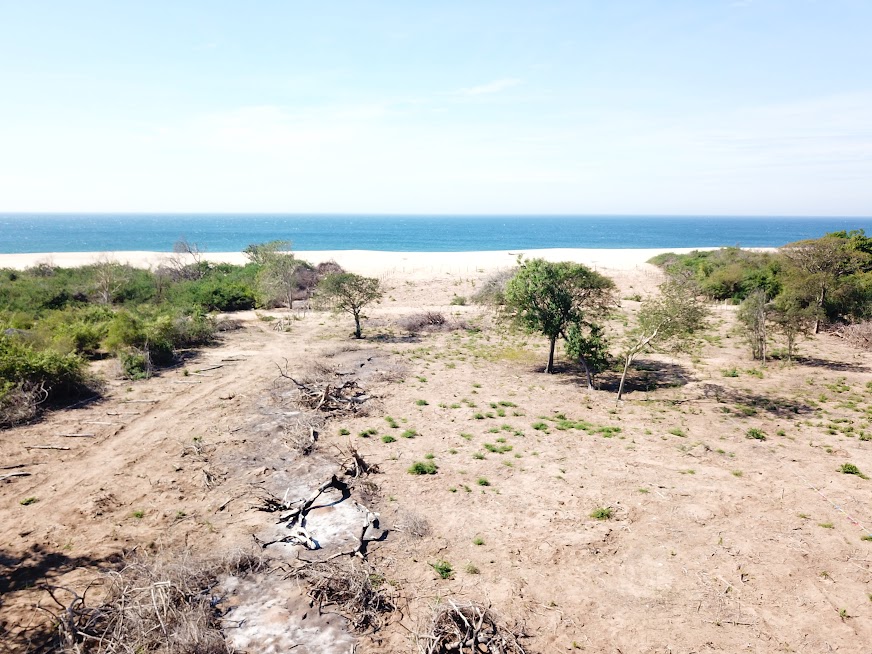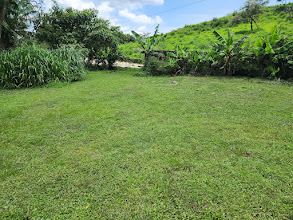LO QUE HACEMOS...
Ofrecemos distintos servicios:
-
VENTA Y RENTA DE PROPIEDADES
Te ayudamos a encontrar la propiedad ideal, ya sea que busques comprar, vender o rentar un inmueble. Contamos con una amplia cartera de casas, departamentos, terrenos y locales comerciales.
-
ASESORIA LEGAL
Facilitamos todos los trámites legales relacionados con bienes raíces. Desde la elaboración y revisión de contratos hasta la regularización de títulos de propiedad, nuestro equipo de expertos se encarga de que cada operación cumpla con la normativa vigente.
-
ADMINISTRACION DE PROPIEDADES
Si tienes una propiedad en renta o un conjunto habitacional, nos encargamos de su administración de manera integral. Gestionamos el cobro de rentas, realizamos mantenimiento preventivo y correctivo,
-
MARKETING Y PROMOCION DE PROPIEDADES
Damos máxima visibilidad a tu propiedad con estrategias de marketing innovadoras. Utilizamos fotografía profesional, videos de alta calidad y recorridos virtuales para resaltar los mejores atributos de cada inmueble. -
AVALUOS CATASTRALES
El avalúo catastral es un servicio fundamental para la determinación del valor fiscal de una propiedad. Este avalúo se utiliza para el cálculo de impuestos y es realizado en función de las características del inmueble y su ubicación en el catastro municipal.
-
Avalúo Comercial de Propiedades
Ofrecemos servicios de avalúo comercial para propiedades residenciales, comerciales e industriales. Este tipo de avalúo está enfocado en determinar el valor real de mercado de un inmueble, considerando factores como ubicación, condiciones del mercado, características del inmueble...
ANUNCIOS DESTACADOS...
Encuentra la propiedad que estas buscando, en nuestra sección de anuncios.
6CMQ+MC Villa del Mar, Jal., México
🏝️ Terreno en Venta “Villa del Mar Paraíso” – Cabo...
6CQF+8R, 48417 Tehualmixtle, Jal., México
¡Tu oportunidad de invertir junto al mar en uno de...
Presentamos esta magnífica oportunidad: un terreno de 450 m² (4,843...
Terreno en venta de 306.84 m² en la colonia Miravalle,...
395
Procesos de escrituración acompañados
457
Clientes satisfechos
50
Desarrollos impulsados
7
Empresas Realtor Vinculadas
ALGUNOS COMENTARIOS...
Testimonios de nuestros clientes...
Excelente servicio. Me ayudaron a vender mi terreno en Miravalle mucho más rápido de lo que esperaba. Se encargaron de toda la parte legal y me mantuvieron informado en cada paso. Muy profesionales y confiables.”
“Con Vive Cabo Corrientes encontré justo lo que buscaba: una casa con vista a la sierra y todos los servicios listos. Su asesoría fue clara, honesta y siempre estuvieron disponibles para responder mis dudas. Totalmente recomendados.”
Administran mi propiedad desde hace un año y no he tenido que preocuparme por nada. Se encargan del mantenimiento, los pagos y la comunicación con los inquilinos. Muy responsables y atentos.”
NUEVOS ARTICULOS ...
Consulta información relevante para la adquisición o regularización de un predio.
Invierte Tranquilo !
Deja que nuestros agentes aseguren cada paso hacia tu nuevo hogar.
Acércate a nosotros...
To arrange a consultation or workshop, send us a message.










